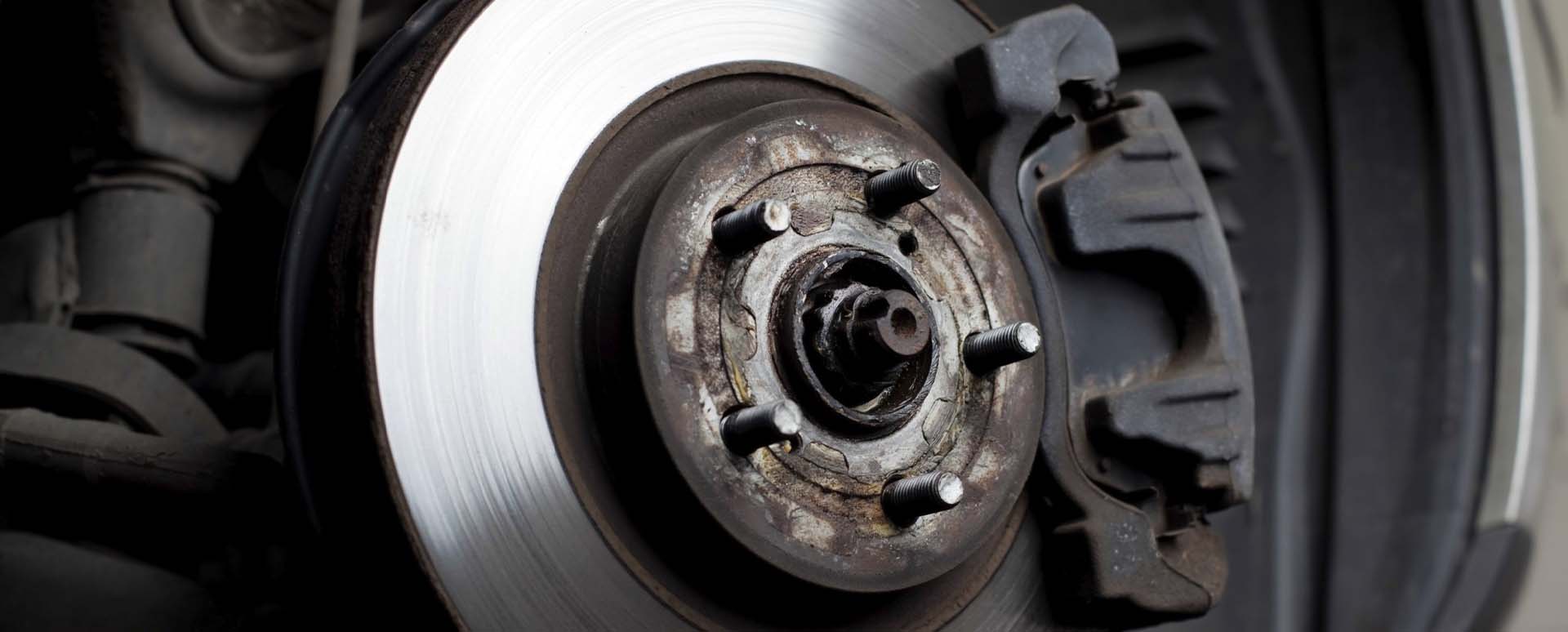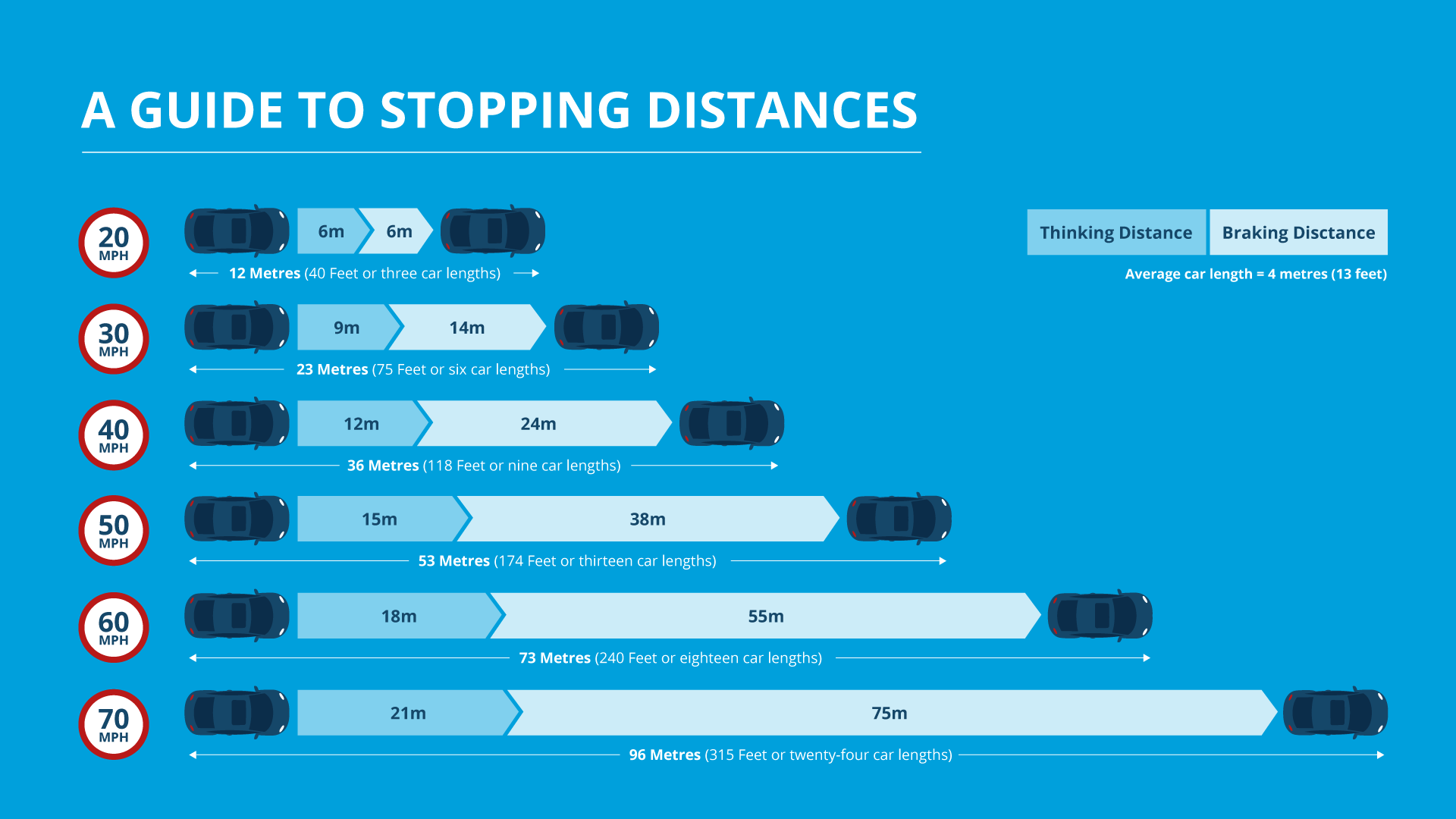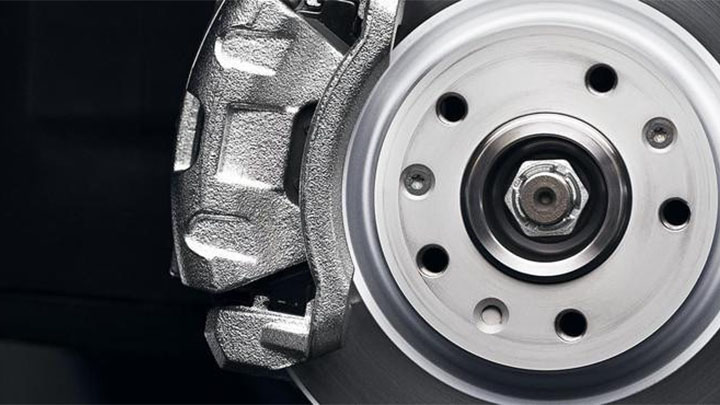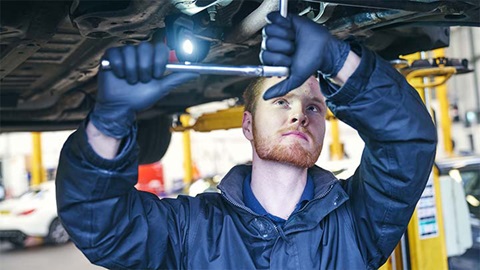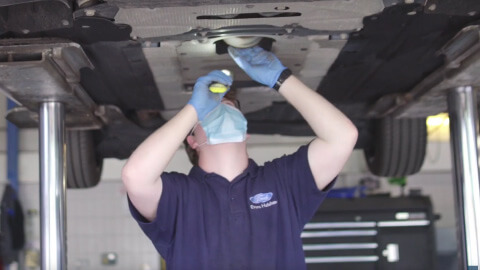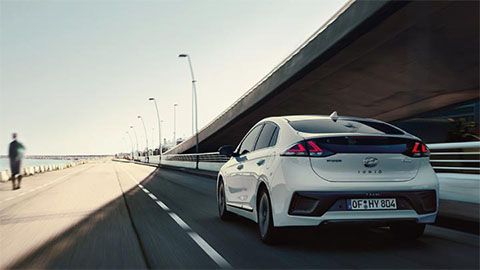Brakes: What's Stopping You?
25th Mar 2021
Maintaining your vehicle's brakes
Not that there's such a thing as an unimportant element of your vehicle, but it's safe to say that it's critical to have a braking system that's in good working order.
The brakes are something that motorists largely take for granted. After all, slowing down is as simple as pushing a pedal, right? To a degree, that's correct, but it's essential you maintain the brakes so that they keep performing at their best.
In this handy guide, we explain how the braking system works on your car, how long it takes to stop based on your speed, and answer the most frequently asked questions surrounding faults and maintenance.
How long does it take to brake?
It won't come as much of a surprise to learn that the faster you're travelling, the longer it takes to come to a complete stop. And that's before you take into account your reaction times.
As seen above in our guide to stopping distances, it takes a massive 96 metres to stop from 70mph in your average passenger vehicle, and that's based on clear weather conditions and a good road surface.
The graphic above highlights the importance of keeping the brakes on your vehicle in good working order, as your stopping distances could dramatically increase if the brakes aren't maintained.
How do a vehicle's brakes work?
The braking system on your vehicle is surprisingly simple, and typically comprises the following components:
- Brake pedal
- Brake master cylinder
- Brake fluid
- Brake servo (also known as a booster)
- Brake lines
- Calipers
- Discs and Pads
When you press the pedal it essentially pushes brake fluid from the 'master cylinder' through some lines and into the caliper. The force you apply is assisted by the brake servo.
In the caliper there are small pistons, which push the brake pads onto the disc. The result of this is friction, which ultimately slows the car down.
Vehicles with 'brake drums' on the rear utilise friction to slow the car down, too. However, they use a single piston on each side to push two 'brake shoes' onto the inside of a large drum.
Book a free health check today
If you're reading this, then hopefully you now have a better grasp of how your brakes work and just how important they are. If you're having an issue with your brakes, or you simply want them checking by a qualified technician, then please contact your nearest Evans Halshaw retailer too a check.
Frequently Asked Questions
There's a number of reasons the brakes on your vehicle could be squeaking:
1) Your brake pads are ready for replacement
2) You have debris or a small stone wedged between the brake pads and disc
3) Your brakes are getting too hot, which could be caused by carrying heavy loads
There are two reasons you are experiencing excessive brake pedal travel:
1) There is air within the braking system, which can be rectified easily through bleeding. Please contact your nearest Evans Halshaw retailer to book this.
2) Your brake pads are wearing thin and therefore you need to press the brake pedal further to engage the brakes
It completely depends on your vehicle, its condition, and how you drive it. For example, the brakes on your average family supermini could last up to 50,000 miles before they need replacement, whereas a hot hatch could need replacements as soon as 20,000 miles.
ABS stands for 'Anti-lock Braking System' and has been designed to reduce your stopping distance, by preventing the wheels from locking up under hard braking.
If you have noticed your brakes are sticking the day after you've washed the car or driven in wet conditions, then it's simply a small layer of rust that has built up. This isn't an issue.
If the brakes are sticking on a regular basis, then you may have a worn handbrake or calipers, we'd recommend booking a check at your nearest Evans Halshaw retailer.
In short, yes. By neglecting your vehicle's brakes, you could be increasing your braking distance and endangering yourself, as well as other road users.
If your vehicle pulls to one side whilst braking, there could be a problem, or you may have loose suspension. With a pull that is consistent, this is more likely to be related to wheel alignment, which is also very important to fix.
When braking a single brake may stay applied after released, giving a pull to one side. Combine this effect with a burning smell and this may suggest a brake related pull, which will need to be repaired as soon as possible.
The brake warning light usually alerts you to the handbrake being engaged and if this light is still illuminated after release, this light may indicate low brake fluid level. If this is the case, make sure to fill this up with the correct brake fluid, or take it to your nearest Evans Halshaw workshop to be sure.
Low fluid levels could be a sign of the hydraulic brake circuits failing. If this is not the case and your brake fluid level is correct and the light still illuminates, it may indicate a sensor fault, which can be fixed by a qualified professional.

